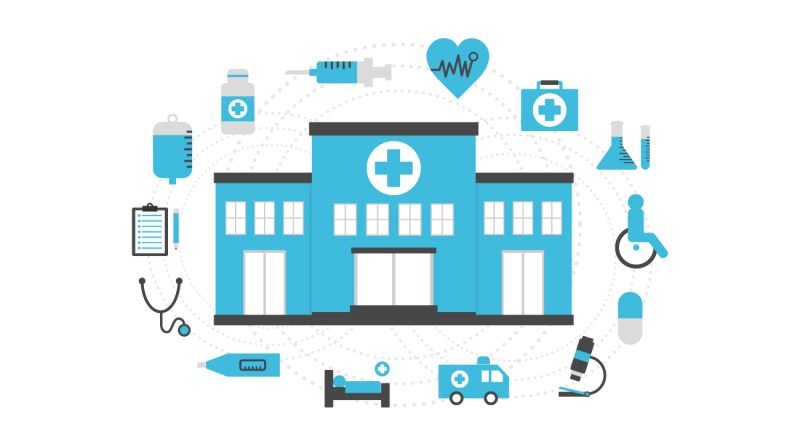Taking the mystery out of medical cards
If you’re an asylum seeker, you can get a medical card that gives you access to medical care. But we know the process can be confusing. That’s why Tala, our English- and Arabic-speaking summer intern, gives 30-minute appointments throughout the week to help asylum seekers navigate the medical system and apply for medical cards (to book one please see our Weekly Schedule for Help Line hours).
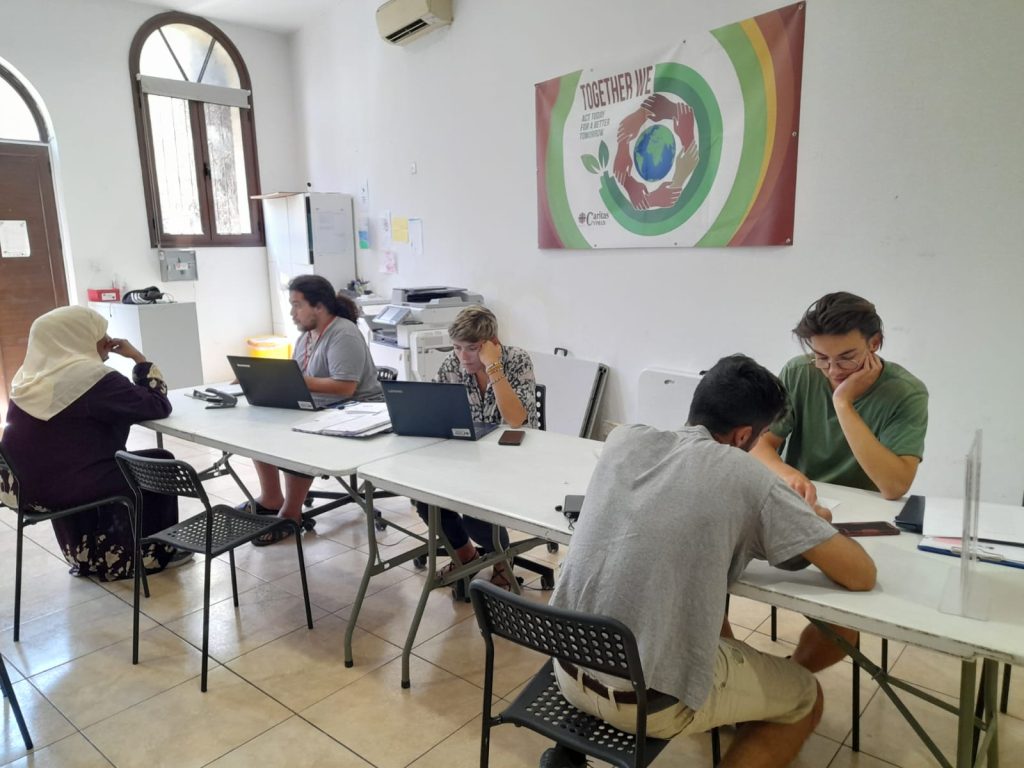
Today, Tala is working with Miriam*, an asylum seeker who has been in Cyprus for a little over a year. The date is important, Tala says, because asylum seekers can access free healthcare with just their Confirmation Letter during the first year they spend in Cyprus (indicated by the Submission Date on their Confirmation Letter).
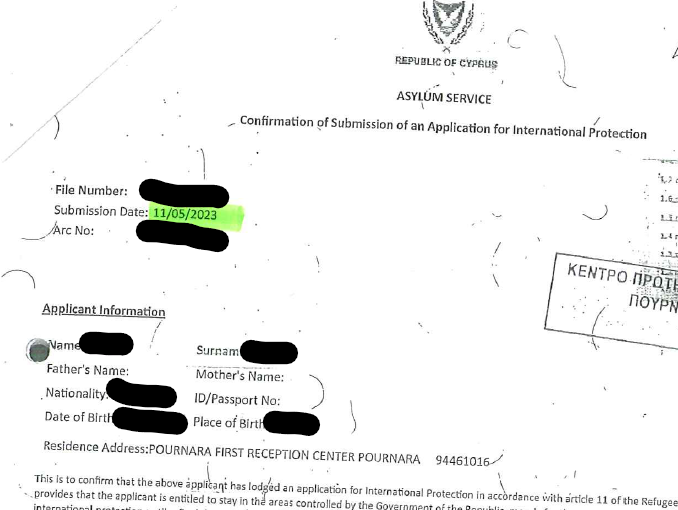
After she makes sure that the date is correct, Tala asks the next question: where does Miriam live? The procedure for getting a medical card is slightly different in Nicosia District and in other districts.
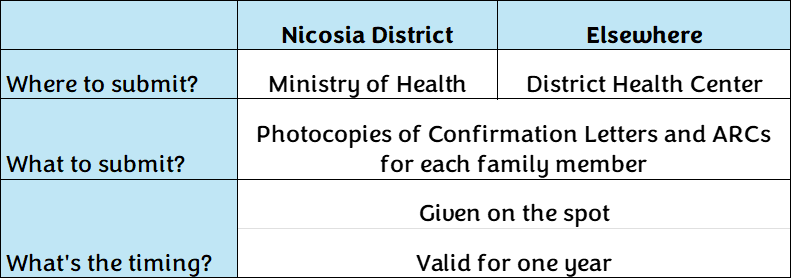
Miriam lives in Strovolos, in the Nicosia District. Tala then asks if Miriam is married and has any children. Miriam nods; they’re a family of 5. Miriam asks for the form; Tala tells them that it is not needed anymore. The procedure for getting a medical card for the first time is much simpler now; asylum seekers simply need to bring photocopies of the Confirmation Letters and Alien Registration Cards (ARCs) of all family members to the Ministry of Health (if they live in Nicosia District) or to the District Health Centre (if they live in any other District).
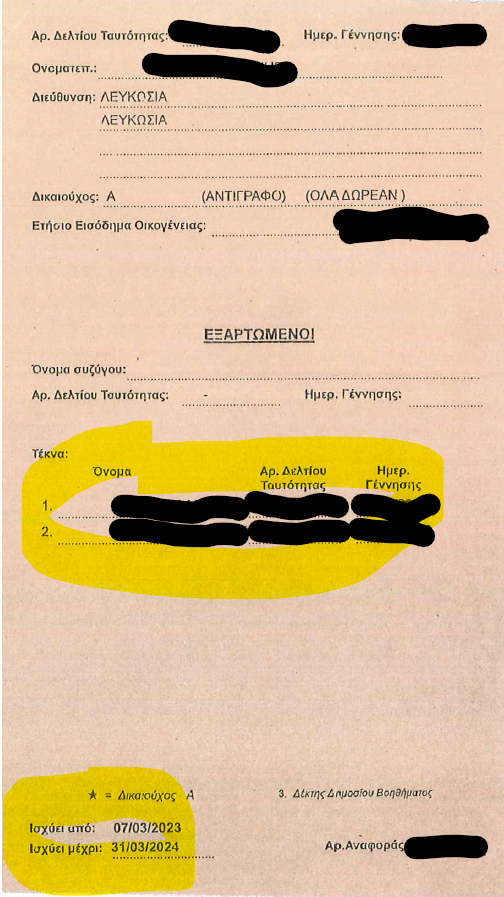
The medical card will be given to them in a few minutes; there is one card for each family, with each household member inscribed on it. The medical card is valid for one year. Tala tells Miriam that when their medical card expires, and they still have an asylum seeker status by then, they can simply reapply by bringing a photocopy of their documents and the expired medical card to the Ministry of Health (or the District Health Centre) and make a new medical card.
Miriam then asks what happens if their status changes; if they get recognized, can they still use their medical card? And what if their application for International Protection is rejected? Tala explains that, if Miriam and their family are granted International Protection, they can keep using their medical card until it expires. After that, they will have to register in GESY, the social security system for Cypriots and International Protection holders – if they have their residence permits. Unfortunately, rejected asylum seekers lose their right to free healthcare – they can access medical treatment, but they will have to pay for it fully.
Watch for an upcoming post on how to register in GESY. And feel free to call us for an appointment if you need help.
*Miriam’s name and personal details have been changed to protect her privacy.
Clipart by Freepik.

